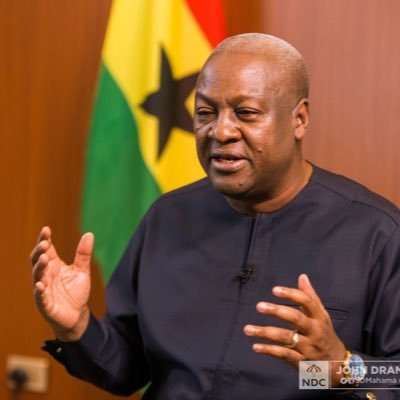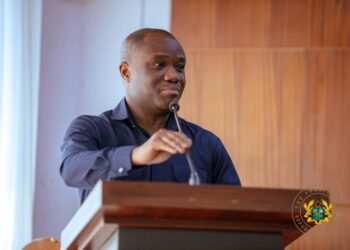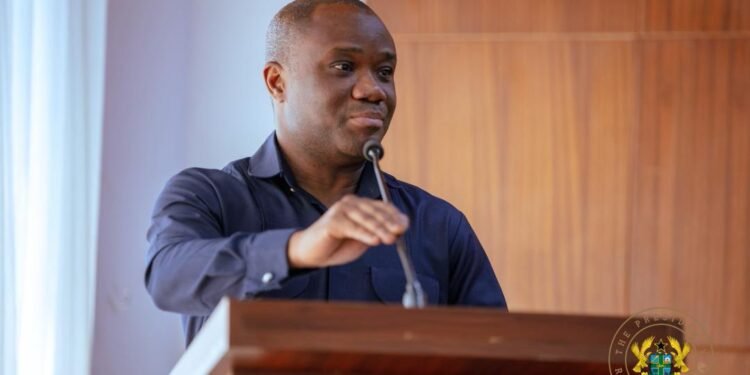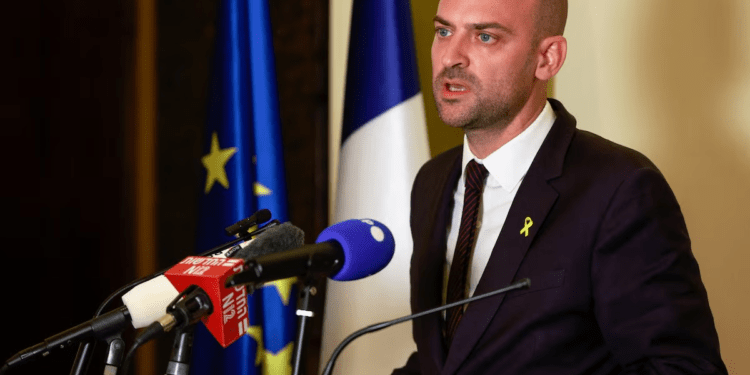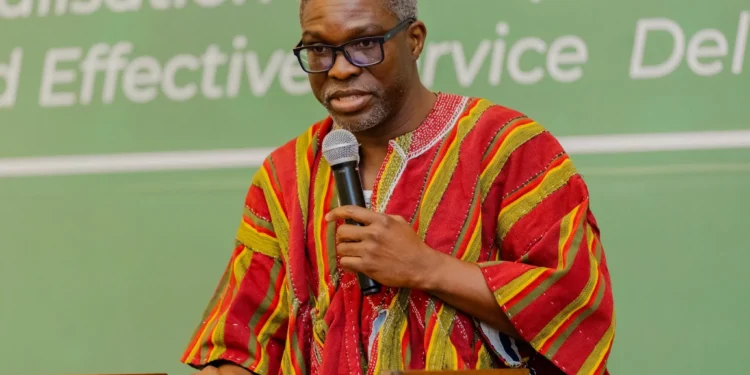The recent controversy surrounding Sammy Gyamfi has ignited fresh discussions about youth accountability and political leadership in Ghana.
Victoria Hamah, a former Deputy Communications Minister under the erstwhile NDC government, has weighed in, describing the saga not merely as a legal or ethical dispute but as a defining moment for public trust and the inclusion of young leaders in governance.
In a public letter addressed to President John Dramani Mahama, Hamah called for a thoughtful, balanced response that affirms the core ideals of fairness and development that underpin the Mahama administration.
While acknowledging the sensitivity of the allegations and the public scrutiny they have attracted, she proposed a measured resolution to the situation.
“I respectfully submit that a formal reprimand, rather than exclusion from office, represents the most constitutionally sound and developmentally judicious response.
“This recommendation emerges not as an attempt to trivialize the gravity of the situation, but rather as a call for balanced adjudication – one that recognizes the necessity of accountability while remaining anchored in the principles of mentorship, institutional resilience, and democratic maturation.”
Victoria Hamah
Hamah highlighted the current administration’s achievements in broadening political participation for youth and women.
She praised these efforts as more than symbolic gestures, describing them as tangible actions that confront and disrupt the entrenched hierarchies of power that have traditionally marginalized these groups.

According to her, youth accountability must be framed within a developmental context rather than a punitive one.
Looking to Ghana’s own historical experience, she drew a parallel to the early post-independence era when Dr. Kwame Nkrumah entrusted national leadership roles to young individuals, many in their twenties and thirties.
According to her, despite their lack of experience, they played pivotal roles in implementing some of the country’s most transformative policies.
These leaders, Hamah noted, made mistakes, but their errors were viewed not as disqualifications but as part of an evolving governance process. “Governance, after all, is not the exclusive domain of those who have perfected its every nuance, but a continuum where responsibility, mentorship, and reflective learning coexist.”
Youth Accountability To Include Support In Crisis
Furthermore, Victoria Hamah warned against the trend of supporting young politicians only during moments of victory and abandoning them during times of challenge.
This pattern, she argued, reinforces a fragile political culture that deters innovation and discourages bold, visionary leadership.

According to Hamah, youth accountability must not be about perfection but about inclusion, resilience, and learning.
She emphasized that women and young leaders continue to face structural disadvantages in Ghana’s political space. Their involvement in governance, she argued, must go beyond mere optics to include real authority and the opportunity to influence policy.
“Genuine inclusion demands that we empower them through participation in consequential decision-making, provide frameworks for guidance, and respond to their misjudgments with proportionality and clarity, not punitive exclusion.
“The cost of disillusionment, particularly among a politically aware and engaged generation, is far greater than the discomfort of navigating controversy with principled resolve.”
Victoria Hamah
Hamah emphasized that standing by young leaders solely during their successes, while turning away at their earliest mistakes, weakens the foundation of a resilient political culture.
She urged the administration to approach the current situation as a moment of reflection and growth—not just for those directly affected, but for the broader democratic system.
Such an approach, she argued, would reinforce the administration’s dedication to intergenerational fairness, deeper democratic values, and truly inclusive governance.
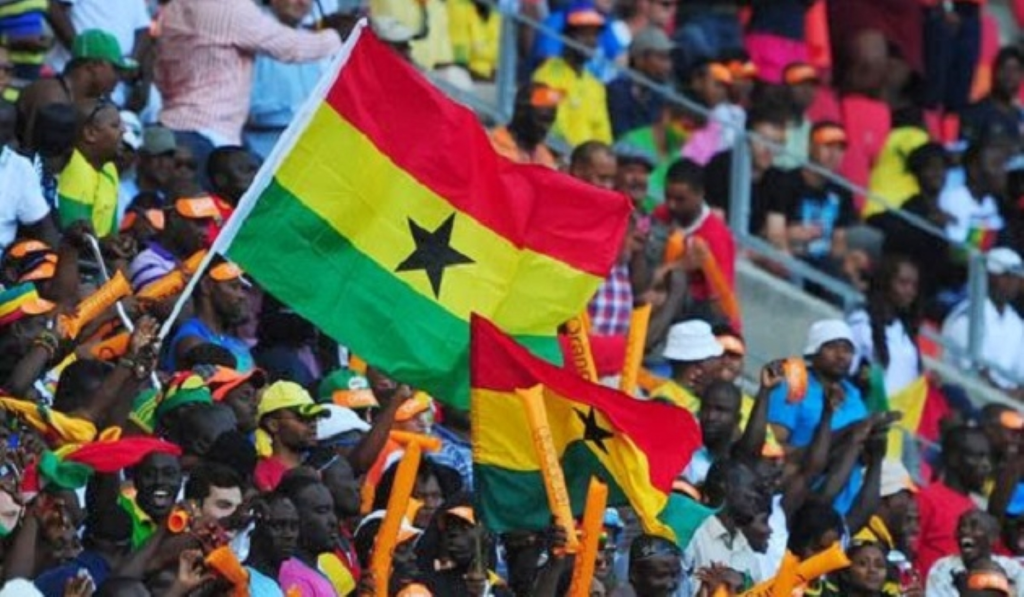
She stressed that the nation’s future depends on its ability to develop a new cadre of public leaders—young, passionate, and prepared for service.
Their participation, perspectives, and even their stumbles, Hamah insisted, are crucial to building a more resilient and adaptive democratic state.
“Ultimately, Ghana’s democratic future hinges on our collective ability to mentor and sustain a new generation of public leaders. Their voices, experiences, and even their missteps are integral to building a state that is adaptive, resilient, and just.”
Victoria Hamah
She urged that this moment in Ghana’s political evolution be embraced as an opportunity for mature, forward-thinking governance.
Rather than allow it to become a divisive rupture, she proposed that it be remembered as a turning point—one that reinforced the nation’s commitment to principled leadership and the democratic growth of future generations.

